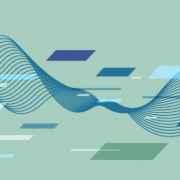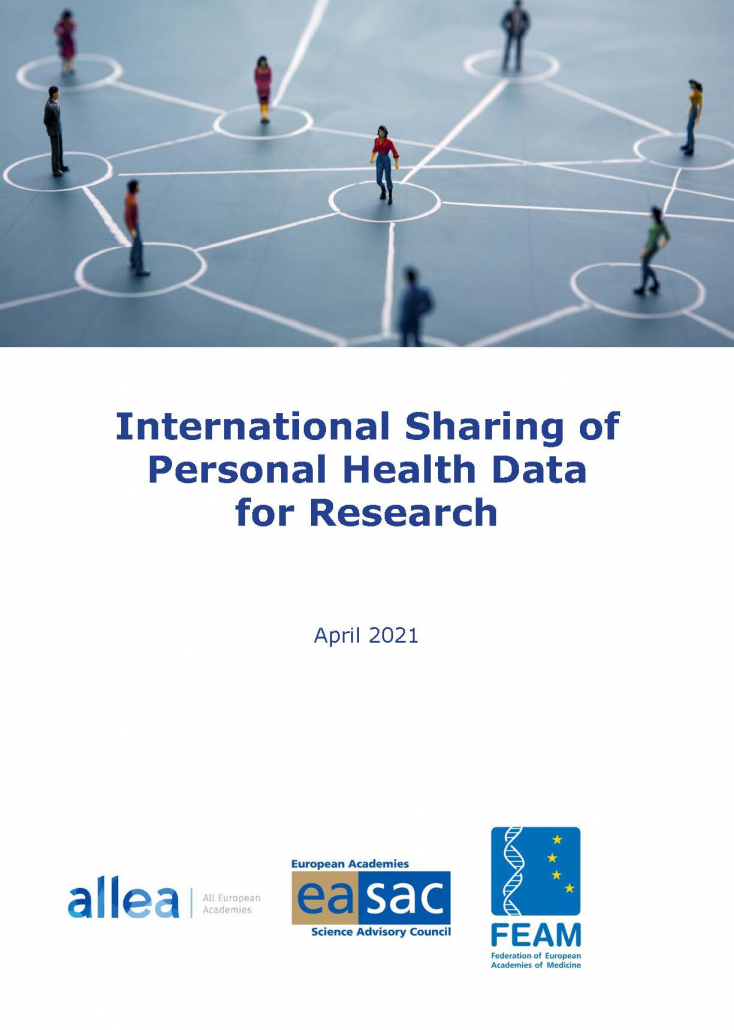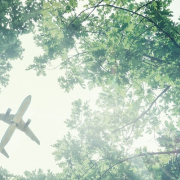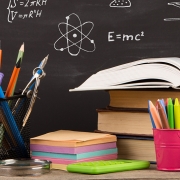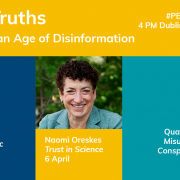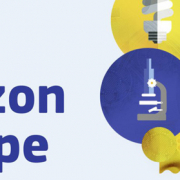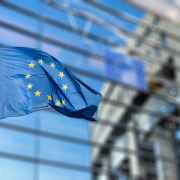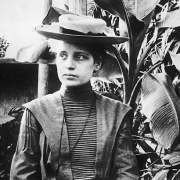How to Integrate Ethics into the Design of Disruptive Technologies
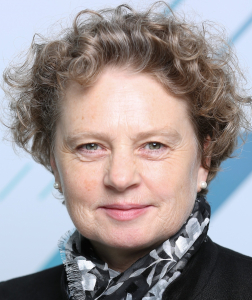
Eva Buchinger – TechEthos coordinator, AIT
Bioengineering, virtual reality, autonomous systems and many other technologies enter into society and our daily lives with the potential to radically transform our work, health, environment, and even our privacy and personal interactions. To reconcile the needs of research and innovation and the concerns and aspirations of society, ethical and societal considerations should be grafted onto the thinking of research and development practices.
TechEthos is an EU-funded project that seeks to create ethics guidelines to deal with this type of new and emerging technologies with a high socio-economic impact. Eva Buchinger (Austrian Institute of Technology, AIT) is the lead coordinator of the project. In this interview, she presents the key concepts tackled by TechEthos and its expected impact. The project started in January 2021 and will run until the end of 2023.
Question: What are the aims and rationale of the TechEthos project?
Eva Buchinger: TechEthos aims to facilitate “ethics by design”, namely, to bring ethical and societal values into the design and development of new and emerging technologies from the very beginning of the process. The project will provide ethics guidelines for 3-4 selected technologies. To reconcile the needs of research and innovation and the concerns of society, the project will explore the awareness, acceptance and aspirations of academia, industry and the general public alike.
TechEthos aims to facilitate “ethics by design”.
Q.: What kind of technologies are you looking at and why? Can you give one example and describe why their ethics dimensions are so significant?
E. B.: We will be looking at new and emerging technologies with a high socio-economic impact and significant ethics dimensions. That is, part of our work will be identifying technologies that are socially, economically and ethically (potentially) disruptive.
“Disruption” is thereby understood as a generic term, referring to a significant change, may it be positive or negative. We will decide which high-impact technologies we will focus on in TechEthos at the end of the project’s first phase in July 2021. This decision will be informed by a horizon scanning process consisting of a meta-analysis combined with an expert–based impact assessment. We will consider a broad set of technologies ranging from bioengineering to cognitive technologies and smart materials.
As for now, TechEthos understands the “ethics dimension” as relating to fundamental principles such as human rights, privacy and autonomy as well as specific concerns related to health, environment and human interactions.
Q.: What kind of impact does the project expect to have for policy and the research community?
E. B.: TechEthos is explicitly designed to serve researchers from academia and industry, research ethics committees and research integrity bodies, and governance agents such as standardization bodies, regulators, and policymakers. This will be achieved by developing operational guidelines and codes and other ethical tools, engaging in the process with a wide range of ethical codes and guidelines for the target technologies that currently exist. This will serve as the basis for constructive interpretation and guide the determination of how to enhance existing frameworks or supplement existing practices with new guidelines.
The goal is to create a set of principles that are action-oriented for the above-mentioned users. Given the wide range of possible technologies, it is impossible to fully anticipate how the various codes or guidelines will be constructed in advance. However, the methodology we are adopting is sufficiently flexible to accommodate a variety of scenarios.
TechEthos is explicitly designed to serve researchers, ethics bodies, and policymakers.
Q.: Who is involved and why is this the best consortium to achieve the project’s aims?
E. B.: The TechEthos consortium benefits from the diversity of its partners as well as approaches. The project consists of ten scientific partners and six science engagement organisations representing 14 countries from all over Europe. The project will additionally involve a broad range of stakeholders from academia, industry, policy, and civil society. These stakeholders will contribute through interactive formats such as interviews, surveys, workshops, scenario exercises and games, and exhibitions.
The scientific partners are universities (De Montfort University, Technische Universiteit Delft, Universiteit Twente); applied research institutions (Associazione per la Ricerca Industriale, Austrian Institute of Technology, CEA Commissariat à l’énergie atomique et aux énergies alternatives, Trilateral Research) and associations specialising in research ethics (ALLEA, the European Federation of Academies of Sciences and Humanities, EUREC European Network of Research Ethics Committees Office).
The science engagement organisations are supervised by ECSITE (Association européenne des expositions scientifiques techniques et industrielles) and located in six European countries (Science Center Network Austria, iQLANDIA Science Popularization Centre, Bucharest Science Festival, Centre for the Promotion of Science, Parque de las Ciencias, Vetenskap & Allmänhet Public & Science. All of them have outstanding expertise in dealing with ethics of new and emerging technologies.
The well-balanced composition of the consortium together with the project’s participative multi-stakeholder approach provides an excellant basis to achieve TechEthos’s aims.
Q.: What have been the best and worst moments in coordinating a collaborative H2020 project so far?
E. B.: The best experience in coordinating such a diverse consortium is to know that we are working with the top specialists in the field to reach our highly ambitious goals. The greatest challenge may be the unavoidable moments of utmost tension before this wonderful diverse pool of expertise and excellence synergizes into an operational solution.


